NATO’s Deputy Secretary General Radmila Shekerinska has set out the Alliance’s priorities for strengthening deterrence through rearmament, innovation and transatlantic unity, during a speech to the Association of the United States Army’s LANDEURO symposium in Wiesbaden, according to a press release.
Addressing participants at the US Army Europe and Africa Headquarters, Shekerinska said NATO was responding to a more dangerous international environment by driving up investment, modernising capabilities, and fostering closer collaboration between governments and defence industries.
“We are no longer fighting wars of choice, where everything is plannable and we set the timetable. It is our adversaries that are setting the pace of production and defining the moment,” she said.
Shekerinska pointed to Russia’s rapid rearmament, enabled by support from China, Iran and North Korea, and warned that “Putin has shown that he will not hesitate to use military force to achieve his goals.” She also highlighted the People’s Republic of China’s nuclear build-up and coercive tactics in the Indo-Pacific, as well as instability in the Middle East and Western Balkans, as key challenges.
Citing decisions taken at last month’s NATO Summit in The Hague, Shekerinska welcomed an agreement among Allies to target defence investment worth five percent of GDP by 2035. Of that, 3.5 percent will go to core military requirements such as armoured vehicles, artillery shells, drones and air defence systems. The remainder will support cyber resilience, logistics infrastructure and supply chain security. “Preparing for war costs money – 5% is a lot of money. But not preparing for it will cost us far more, both in terms of money and in terms of lives,” she said.
The Deputy Secretary General also stressed the need for integrated capabilities across all domains of warfare, noting that Russia’s invasion of Ukraine had blurred the boundaries between kinetic and digital attacks. She said Ukraine’s use of drones at sea and in the air had transformed modern tactics, and that NATO was learning from this experience. “We need to think about how we integrate the latest technologies with conventional capabilities to gain the maximum effect,” she said.
Shekerinska praised outgoing SACEUR General Christopher Cavoli and welcomed his successor General Alexus Grynkewich, highlighting the continued centrality of US military leadership within the Alliance. “The US continues to stand foursquare with its NATO Allies because it is good for America’s security and it is vital for transatlantic security,” she said.
She concluded by underlining the need for expanded defence production and innovation across the Alliance. “Cash alone does not deter our adversaries. But concrete capabilities do,” she said, adding that “industry has opened hundreds of new production lines and expanded existing ones” but more effort would be required on both sides of the Atlantic.


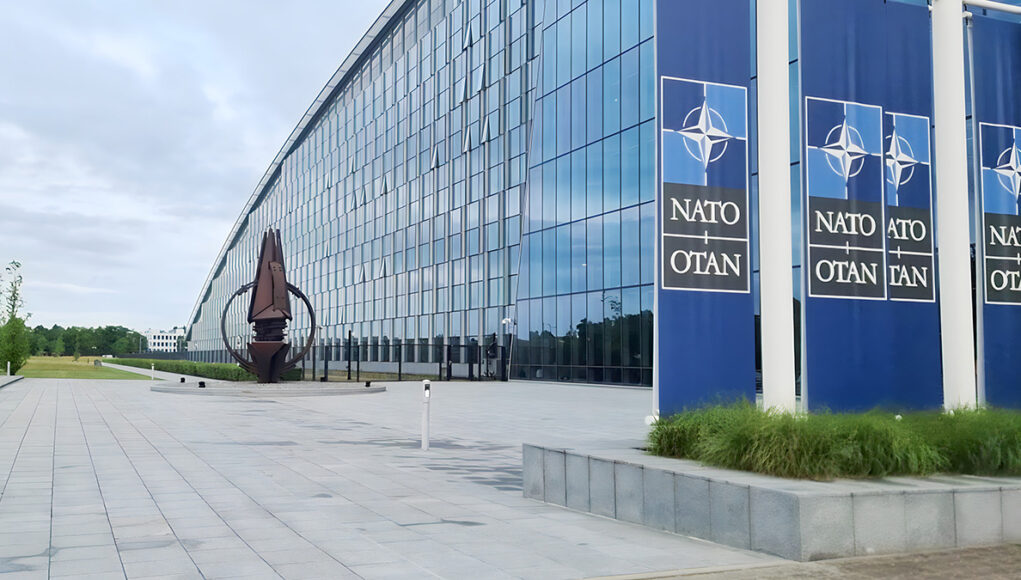
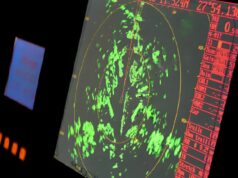
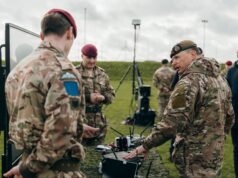
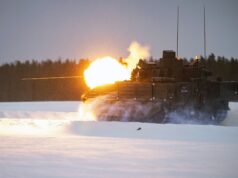
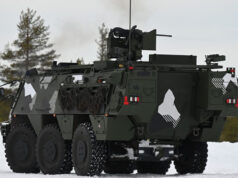

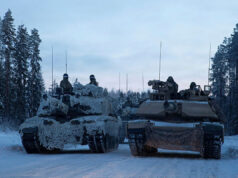

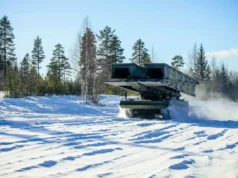
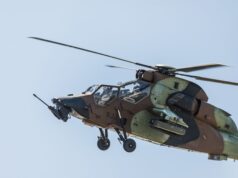


How about we just stop buying Chinese stuff ?
(Taiwan, before anyone asks me where it was made !)